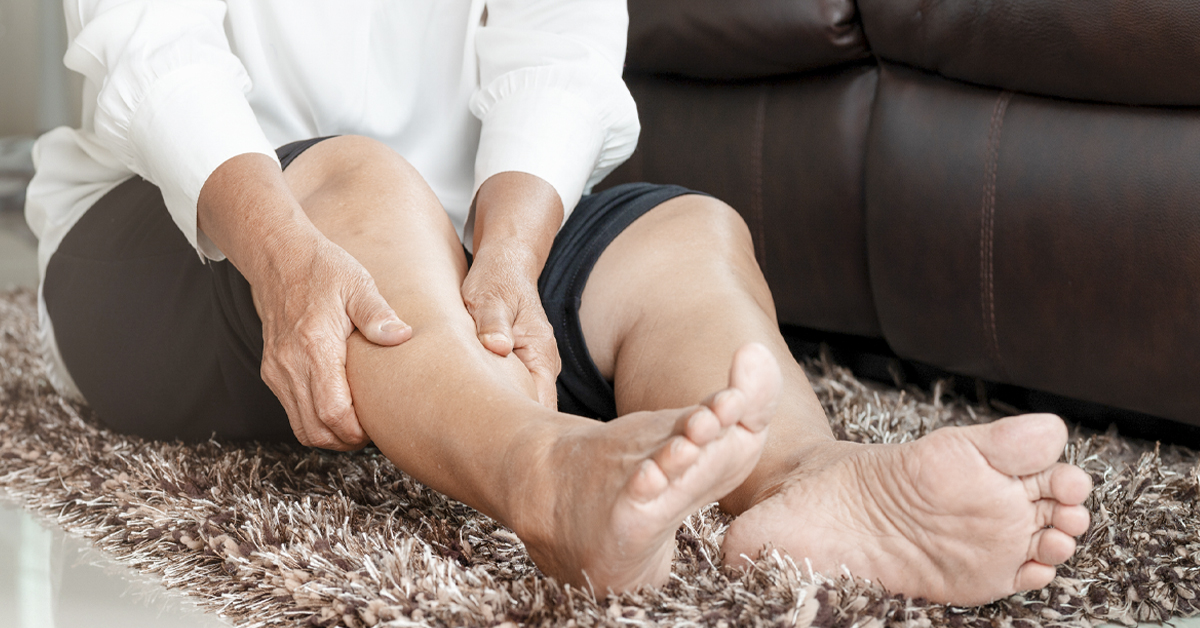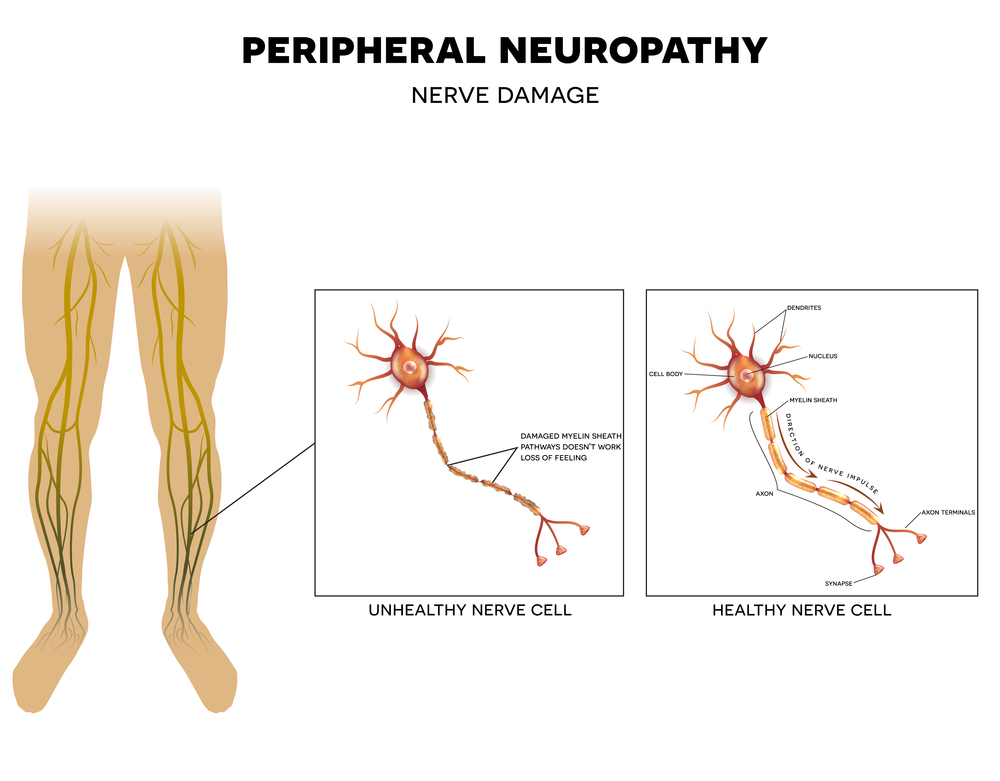As I go from place to place giving lectures, classes and seminars on the subject of Peripheral Neuropath, an unfortunate situation continues cause me great concern. Without exception, my seminar attendees think and believe that their condition of neuropathy has no cure.
The medical community is largely responsible for this misinformation being passed on to the suffering patient. In my view it is the job and responsibility of the family doctor to teach the patient about their neuropathy problem. It is also the doctor’s job to train the patient in what they can do to improve and manage their neuropathy case successfully.
Given the misconceptions of my seminar attendees however, this teaching and training obviously isn’t being done. That this discouraging situation be allowed to continue year after year, in a world where medicine has otherwise come to offer so many outstanding solutions and even “miracles”, is a real shame.
Many neuropathy patients, suffering with foot or hand pain, tingling, numbness, burning, and other evasive and hard to describe neuropathy symptoms, don’t even know the name of their condition! And while others do, that is essentially all they know. With this in mind I want to address some of the most commonly INCORRECT “facts” that suffering neuropathy patients have been told, or come to understand, due to the lack of patient education by the medical community.
1. Neuropathy comes with age, and there is nothing you can do about it.
This statement is only partially correct, inasmuch as aging can contribute to the increased onset and intensity of the neuropathy condition. There are however, many simple techniques and procedures that any person can learn which will offset many of these effects of aging as they relate to peripheral neuropathy.
One example of the many easy things that can be done is to simply recline on the sofa for a fifteen minute nap with the feet propped up on the back of the sofa above the level of the body. This simple “exercise” allows stagnated, toxin laden blood in the feet and lower legs to move more rapidly back to the heart and lungs with the assistance of gravity, where it will be oxygenated and cleansed
2. We do not know what causes neuropathy.
This is absolutely incorrect! Most causes of neuropathy are indeed known and not difficult to understand. Cancer patients being treated with chemotherapy, for example, are at very high risk for developing neuropathy. The poisonous effects of the powerful cancer killing drugs are known to damage the sensory nerves in the feet, hands and other peripheral areas. Diabetes is an obvious and well-known catalyst for peripheral neuropathy as well. A lesser known example is the sudden reduction of blood pressure due to anti-hypertensive prescriptions, which is nonetheless perhaps one of neuropathy’s leading causes.
Since neither surgery nor prescription drugs are effective at “curing” peripheral neuropathy, most physicians are not willing to take the time to educate and manage these types of cases and will instead simply tell the patient that there is no known cause or cure, and that the best that can be offered are powerful, painkilling drugs. This is truly an unfortunate and incorrect approach to a very treatable condition.
3. There are no treatment procedures for neuropathy.
In reality the best treatment procedures for peripheral neuropathy do not need to be administered by a doctor. Therefore the doctor is neither motivated to learn them nor teach to the patient. Experience has proven that most family doctors are not even aware of these methods and are not motivated to get involved with this type of patient management; this is because it is too time intensive and not worthwhile financially. Patients must therefore assume the responsibility of learning and implementing the methods of self-treatment. I have created a simple step-by-step program that will teach you these methods which you can get at this link.
This is actually a good and positive thing! Significant amounts of money will be saved by the patient taking over their own case and not paying the high professional fees. By reducing these costs, most any person is able to correct their neuropathy problem without the financial burdens that prevent many individuals from getting the care which they otherwise need and deserve.
4. Neuropathy just gets worse with time, and you have to accept that you are “stuck” with it.
This statement is only true if the neuropathy patient ignores their condition and takes no remedial action. If corrective, self-treatment procedures are implemented by the patient, the miserable symptoms of neuropathy can be greatly improved. Instead of the condition worsening and an individual finding himself “stuck” with it, life gets much better as the pain, numbness, and tingling sensations get better and normal life returns. This is made possible as the sufferer begins taking easy and proven steps which I reveal in my neuropathy program for improving the circulation in the legs and feet.
5. Since you are diabetic, there is no help available for you.
This very incorrect but common statement is so unfortunate and untrue. Although the condition of diabetes does indeed complicate the condition of neuropathy, it does not eliminate the diabetic patient from significant help with their neuropathy condition. Most persons with severe diabetic neuropathy would be very satisfied with 30-70% improvement of their condition. This is what we have experienced by teaching diabetic individuals how to increase circulation and regenerate the health of their sensory nerves in the legs, feet, and hands.
In terms of all of the misconceptions I’ve just addressed, it is ultimately the responsibility of the neuropathy sufferer to prove them incorrect for himself, by acquiring the information and education necessary to start the healing process on his own. A doctor likely won’t hold your hand through this process, nor even point you in the right general direction. Unfortunately, that’s just not the way the system as it is set up today works.
Please do not fail yourself with prejudice, doubt, indecision, or lack of action. Recovery is waiting for you, but you alone must take the responsibility and fulfill the simple, easy to learn steps which lead to dramatic improvement of this frustrating condition.





